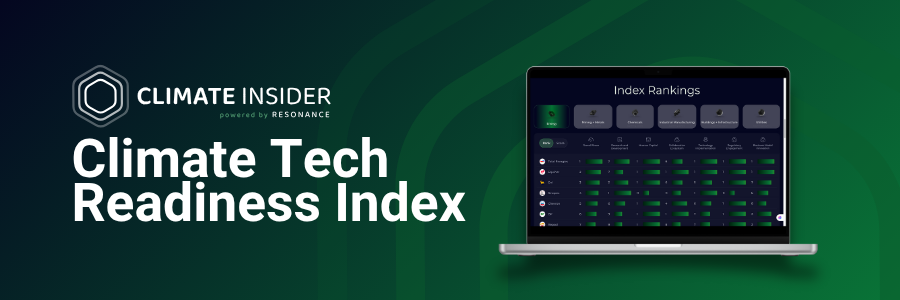Climate Insider Brief:
- At COP29, Australia pledged $125 million to the ADB’s Innovative Finance Facility for Climate in Asia and the Pacific (IF-CAP), enabling over $900 million in additional loans for climate mitigation and adaptation projects in South-East Asia and the Pacific.
- Alongside partners like the US, UK, and Japan, the funding supports ADB’s goal to mobilize $11 billion in climate-related loans, focusing on renewable energy and resilience-building in highly climate-vulnerable regions.
- The IF-CAP aims to bridge funding gaps by leveraging public contributions to attract private sector capital, emphasizing innovative financing as a key driver of large-scale climate action in the Asia-Pacific.
At COP29 in Baku, Azerbaijan, the Australian Government announced a $125 million guarantee to the Asian Development Bank (ADB) to drive climate action across Asia and the Pacific. The pledge, delivered by Assistant Minister for Climate Change and Energy Josh Wilson, signals Australia’s ongoing commitment to addressing the vulnerabilities faced by South-East Asian and Pacific nations amid escalating climate risks.
The funds will bolster the ADB’s Innovative Finance Facility for Climate in Asia and the Pacific (IF-CAP), a financing mechanism that aims to unlock significant resources for climate adaptation and mitigation. Australia joins other major contributors, including the United States, the United Kingdom, and Japan, in supporting this initiative. Collectively, these commitments will enable the ADB to deliver up to $11 billion in climate-related loans while catalyzing private sector investment in the region.
Amplifying Impact Through Innovative Financing
Australia’s guarantee is expected to facilitate over $900 million in additional loans from the ADB. These loans will target projects that enhance climate resilience and accelerate the renewable energy transition across Pacific and Asian nations. By focusing on innovative financing mechanisms, IF-CAP aims to bridge funding gaps in regions that are disproportionately affected by climate change but often lack the resources to respond effectively.

Australian Minister for Climate Change and Energy Chris Bowen underscored the urgency of these efforts, stating, “Climate change is no longer an abstract concern, it’s a reality and an existential threat for Pacific nations. Each step we take to fight climate change is a step back from the brink.”
Bowen emphasized Australia’s commitment to strengthening energy security and fostering renewable energy adoption in partnership with its Pacific neighbors, who are among the world’s most climate-vulnerable communities.
A Regional Approach to Global Challenges
The announcement comes as South-East Asia and the Pacific grapple with rising sea levels, intensifying storms, and shifting weather patterns—all direct consequences of global warming. Australia’s involvement reflects its recognition of the shared challenges these regions face and the need for collaborative solutions.
By prioritizing renewable energy and climate adaptation projects, the IF-CAP aligns with global efforts to limit temperature rise while addressing local vulnerabilities. The facility also aims to mobilize private sector capital, a crucial component for achieving large-scale impact.
Climate Insider Notes
This commitment highlights several critical dynamics in the global climate finance landscape:
- Strategic Timing: Announced during COP29, Australia’s contribution reinforces the importance of multilateral collaboration in addressing climate challenges.
- Regional Implications: South-East Asia and the Pacific are focal points for climate vulnerability, making targeted financial mechanisms like IF-CAP essential.
- Leverage Effect: Australia’s $125 million guarantee has a multiplier effect, enabling over $900 million in loans while supporting broader ADB goals of mobilizing $11 billion for climate action.
- Private Sector Role: The IF-CAP’s structure underscores the growing emphasis on public-private partnerships to meet the scale of investment needed for effective climate action.
As the Asia-Pacific region faces mounting climate risks, Australia’s participation in IF-CAP signals a significant step toward collaborative, impactful solutions. It also underscores the vital role of innovative financing in bridging resource gaps for climate resilience and renewable energy development.
Source: Energy Source & Distribution








